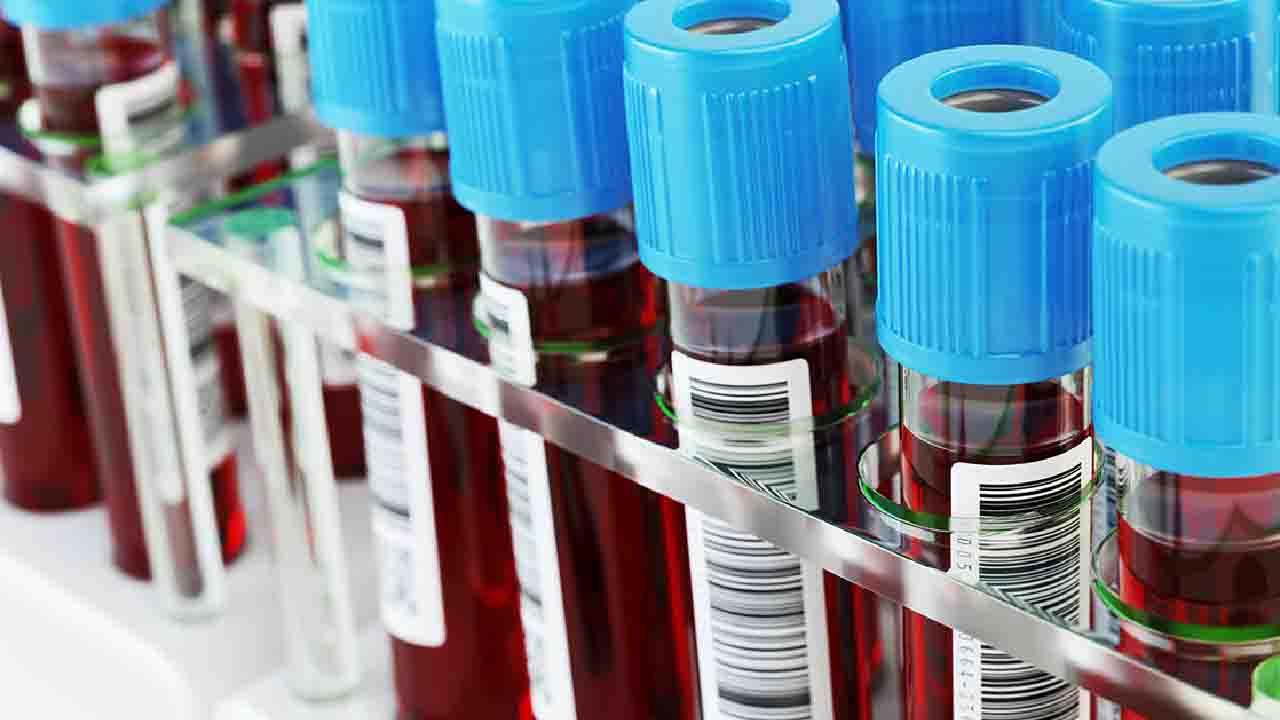Europe UK (Commonwealth Union) – As researchers further enhance their knowledge on cancer that can further improve the ways cancer is diagnosed and treated, in the UK a National Health Service (NHS) trial that has a new blood test for over 50 types of cancer has precisely demonstrated 2 out of every 3 cancers in over 5,000 people who had visited their GP with suspicious symptoms, in England or Wales. The test accurately marked the original site of cancer in 85 percent in those instances.
The known as SYMPLIFY is the 1st large-scale evaluation of a multi-cancer early detection (MCED) test in individuals who presented to their GP for diagnostic follow-up for suspected cancer.
Brian D. Nicholson, Associate Professor at the Oxford, Nuffield Department of Primary Care Health Sciences, who is also co-lead investigator for the study indicated that earlier cancer diagnosis as well as following intervention has the possibility of greatly enhancing patient outcomes. Most patients who receive a cancer diagnosis 1st visit a primary care physician for the evaluation of symptoms indicating cancer, such as weight loss, anemia, or abdominal pain, which can be complicated due to many possible causes. New tools have the ability to expedite cancer diagnosis and possibly prevent invasive and expensive investigations required for more accuracy in triage patients who indicate non-specific cancer symptoms.
He further indicated that the greater overall specificity, positive predictive value, along with specificity of the cancer signal found along with cancer signal origin forecast indicated across cancer types in the SYMPLIFY study show that a positive MCED test may be applied to verify that symptomatic patients must be checked for cancer prior to moving ahead with other diagnostic measures.
In the study, 368 (6.7 percent) from the 5,461 evaluable patients had a diagnosis with cancer via the standard of care. Frequent cancer diagnosis was indicated for colorectal (37.2 percent), lung (22.0 percent), uterine (8.2 percent), oesophago-gastric (6.0 percent) and ovarian (3.8 percent).








